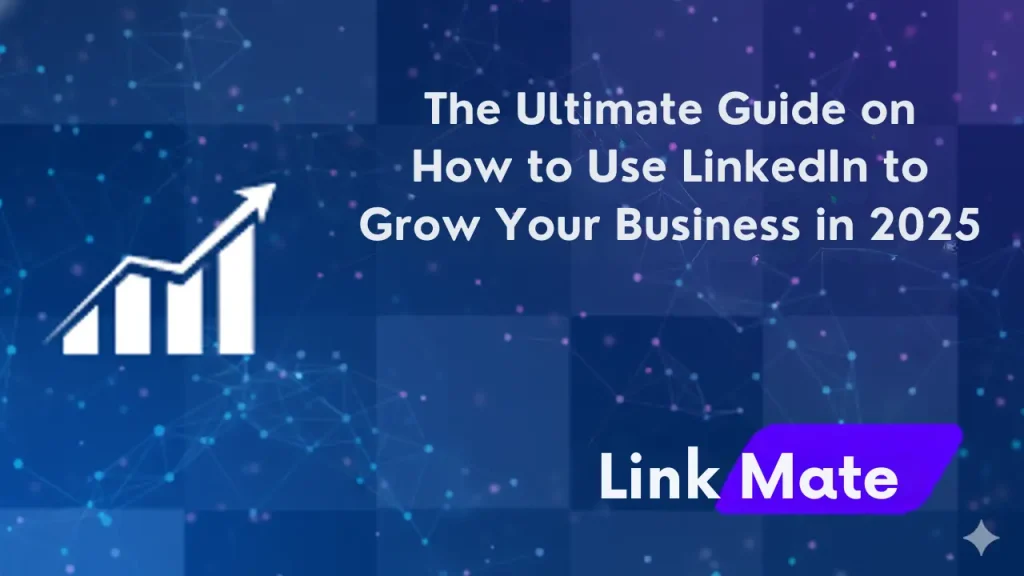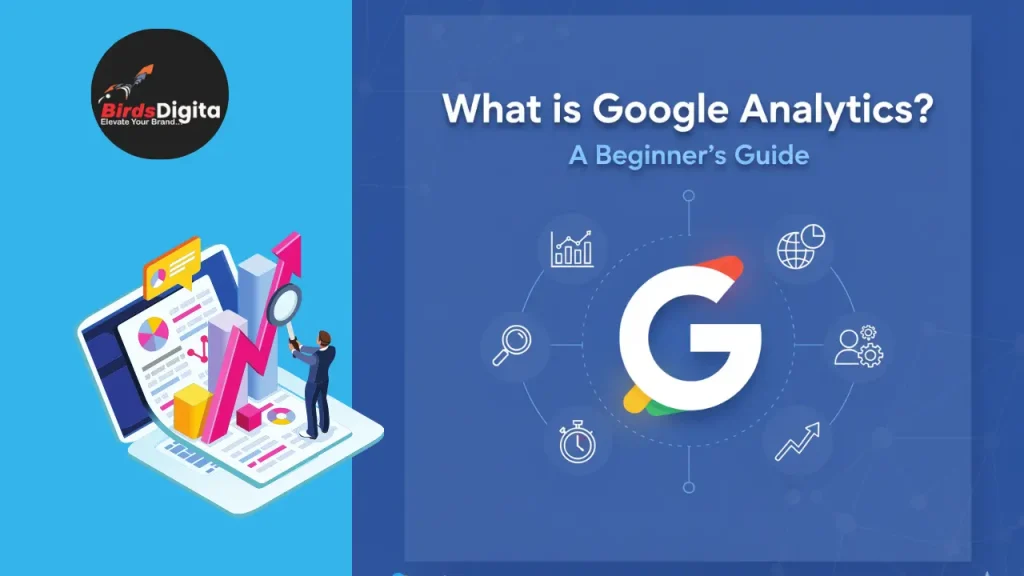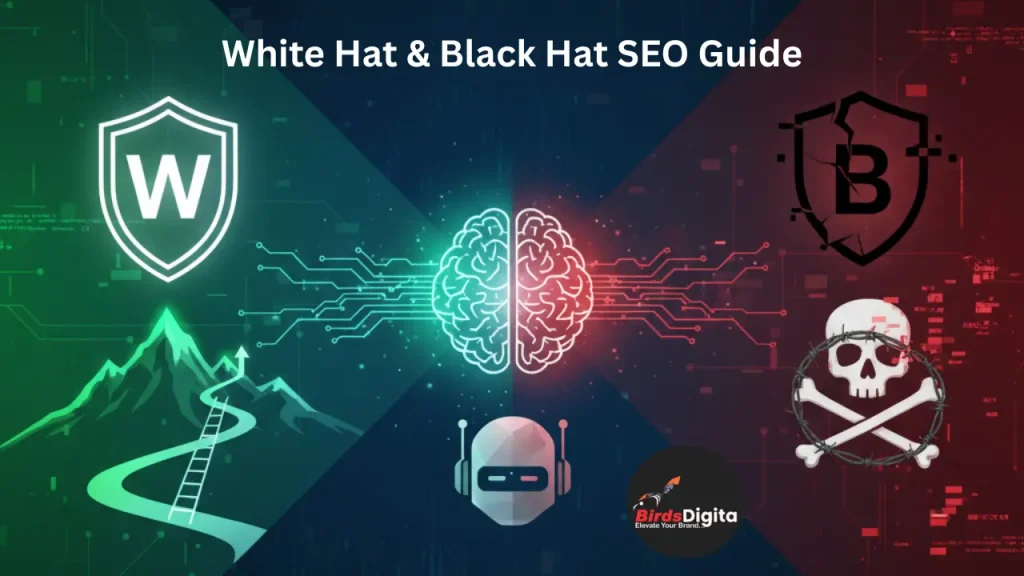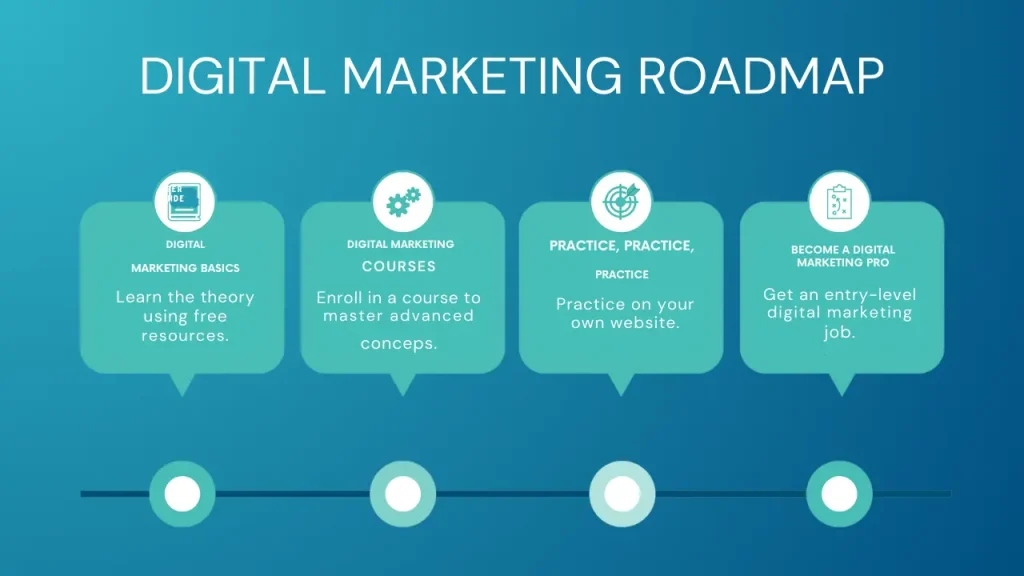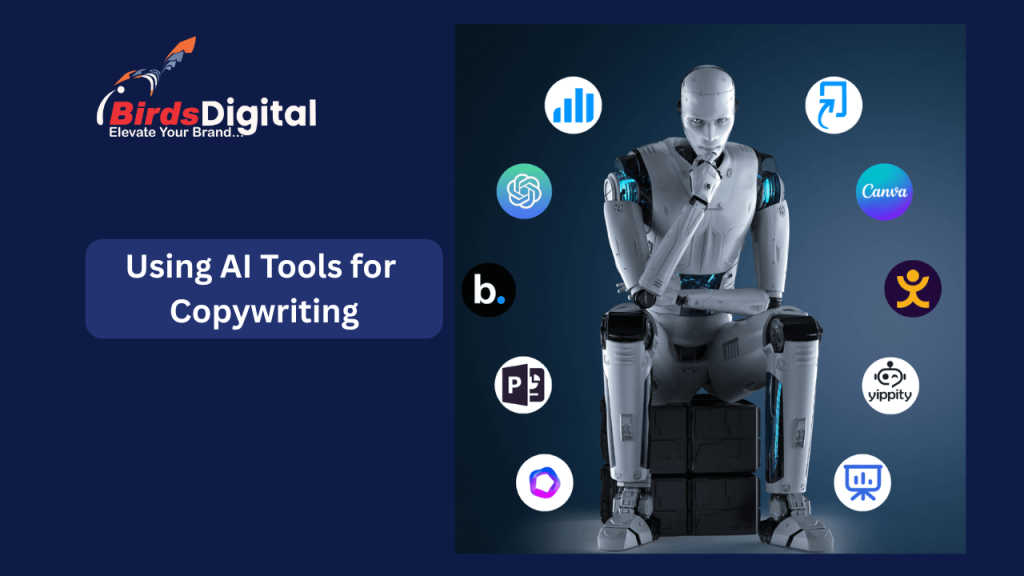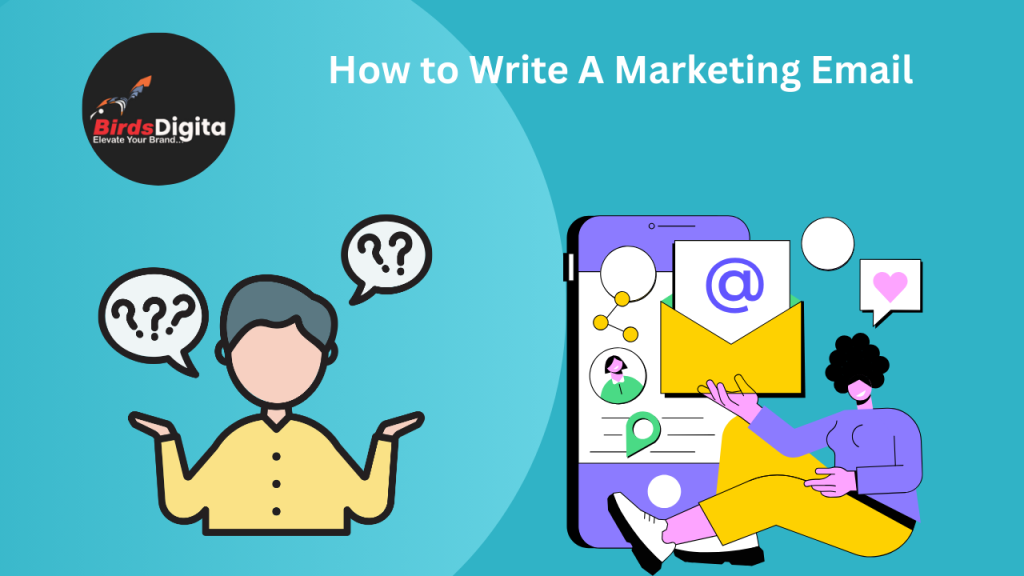Why Webinars Are Powerful in Digital Marketing
In a busy online world, people are surrounded by ads and content every day. Webinars stand out because they are personal, interactive, and easy to scale. A webinar lets a business and its audience meet directly in one space. It is not just a sales pitch but a way to share knowledge and build trust. This makes webinars an important part of a strong digital marketing strategy.
Live and On-Demand Webinars
Webinars can be live or on-demand. A live webinar happens in real-time where the presenter and audience can talk, ask questions, and exchange ideas. It builds excitement and creates a strong community feeling. On-demand webinars are recorded sessions that people can watch at any time. These are very useful for long-term lead nurturing and for audiences who need flexible timing. Both types are valuable and can work together in a full digital plan.
Building Emotional Connections and Engagement
One special thing about webinars is the emotional connection they create. Unlike ads or simple posts, webinars use video, sound, and interaction to touch the audience more deeply. People can ask questions, respond in chat, or take part in polls, which increases engagement. For a business, this interaction is also data. It helps in understanding what people want and in designing better campaigns for the future.
Choosing the Right Topic and Landing Page
The success of a webinar starts with the topic. It should match what your audience needs and cares about. It can be a beginner-level subject, a trending theme like AI, or a niche idea that creates special interest. Once the topic is ready, the next step is a good landing page. This page should be simple but attractive with a strong title, speaker details, and a short registration form. A smooth landing page increases sign-ups and builds trust in the brand.
Role of Email in Webinar Success
Emails play a big role in driving people to register. A clear subject line with urgency, nice visuals, and personal touches like using the recipient’s name make emails stronger. Sending reminders before the event also helps in improving attendance. Email marketing is still one of the highest converting channels for webinar promotion.
Collecting Data with Progressive Profiling
Asking for too much information at once can stop people from registering. Progressive profiling makes the process easy by collecting small details over time. If you already have a person’s email, do not ask again. Instead, ask for new details slowly like job title or company size. This keeps the registration smooth while still building strong customer profiles in the long run.
Best Practices for Hosting Live Webinars
During a live webinar, the way you present matters a lot. Sessions should be short, focused, and full of energy. Including polls, quizzes, or short Q&A breaks every few minutes keeps the audience active. A session of about 45 minutes is usually ideal. For global reach, simulated live or recorded webinars can also be used. These look live but give more flexibility and still keep the experience engaging.
Repurposing Webinar Content
A webinar is not just a one-time event. Its recording can be reused in many ways. You can turn it into blog articles, social media videos, or email content. With one webinar, a business can create weeks of content that continues to bring value. Asking for feedback after the event also helps improve the next webinar and gives new ideas for content creation.
Using Data for Better Results
Data from webinars is very useful for future campaigns. You can track how many people registered, how many joined, and how they interacted. This information, when connected with a CRM system, helps in scoring leads, planning follow-ups, and improving overall marketing strategy. Data also shows what kind of topics and formats bring the best results, making each new webinar stronger than the last.
Final Thoughts
Webinars are now much more than product demos. They are complete marketing tools that work across the full funnel—from awareness to final conversion. With the right topic, landing page, email strategy, engagement style, and data tracking, webinars can help any brand grow faster and connect deeply with its audience. iBirds Digital, we help businesses use webinars and other smart strategies to make digital marketing more effective and result-driven.
FAQs – Webinars in Digital Marketing
Q1. What is a webinar in digital marketing?
A webinar is an online event where businesses and audiences connect in real-time or through recorded sessions. It helps brands share knowledge, build trust, and engage directly with people.
Q2. What is the difference between live and on-demand webinars?
Live webinars happen in real-time and allow direct interaction with the presenter and audience. On-demand webinars are recorded and can be watched anytime, making them flexible and easy to access.
Q3. Why are webinars important for digital marketing?
Webinars build strong connections with the audience, collect useful data, and create interactive experiences. They also provide long-lasting content that can be reused for blogs, emails, and social media.
Q4. How do webinars help in lead generation?
When people register for a webinar, they share details like name and email. This information helps businesses build a contact list, qualify leads, and design better marketing strategies for future growth.
Q5. How can businesses make webinars more engaging?
Businesses can make webinars engaging by adding polls, quizzes, Q&A sessions, and interactive chat. Keeping the session short, clear, and full of useful information also improves participation.
Q6. Can webinar recordings be reused?
Yes, webinar recordings can be turned into blog posts, short social media videos, email campaigns, or even replay sessions. This helps businesses get more value from one webinar.
Q7. How long should a good webinar be?
A good webinar usually lasts about 30 to 45 minutes. This timing is perfect for keeping the audience interested without making the session too long.Q8. Do webinars really increase sales?
Yes, webinars can increase sales because they build trust and show expertise. When people learn from your webinars, they see your brand as an authority and are more likely to buy from you.


